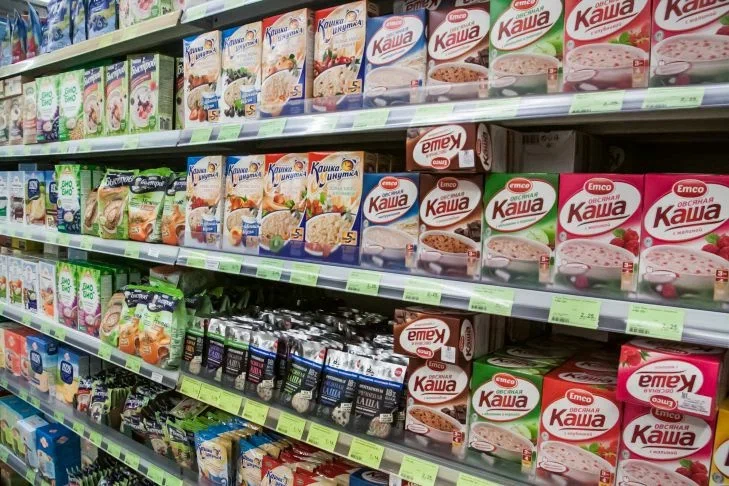Why is oatmeal bad for your health? What to replace it with in your diet
Your morning oatmeal, touted as the perfect breakfast, may be a silent killer.
In 2021, the journal Gut published a study that found that phytic acid in oats binds iron, zinc, and magnesium, removing them from the body.
"Regular consumption of oatmeal leads to micronutrient deficiencies in 60% of people," nutritionist Ella Woods said in a video that has been viewed 5 million times.
Who is behind the myth about the benefits of oatmeal?
In the 1990s, Quaker Oats launched a multimillion-dollar advertising campaign linking oatmeal to heart health. But independent studies have shown that beta-glucans from oats are only beneficial in small doses.
"Anything over 30 grams a day will cause intestinal inflammation," warned gastroenterologist Dr. William Davis in his book Wheat Belly.

Real Stories: From Anemia to Insight
Thomas, 50, Berlin: "I ate oatmeal for breakfast for 20 years. The tests showed iron levels like those of a malaria patient! I switched to buckwheat - after a month, my hemoglobin increased by 30%."
Leyla, 27, Istanbul: "I felt bloated after eating oatmeal. The doctor found celiac disease - it turned out that oats contain avenin, similar to gluten."
What to replace oatmeal with
Buckwheat: rich in iron and free of phytic acid.
Quinoa: a complete amino acid profile and twice the magnesium of oats.
Pumpkin porridge: vitamin A and zinc for immunity.
"Oatmeal is an outdated stereotype," Dr. Tom O'Brien concluded in an interview with The Joe Rogan Experience .
